-
 Rubber Kneader MachineA Rubber Kneader is a type of industrial equipment used in the rubber and plastics industries to mix...
Rubber Kneader MachineA Rubber Kneader is a type of industrial equipment used in the rubber and plastics industries to mix... -
 Rubber Banbury MachineIn the field of modern rubber and plastic processing, efficient, energy-saving, and environmentally ...
Rubber Banbury MachineIn the field of modern rubber and plastic processing, efficient, energy-saving, and environmentally ... -
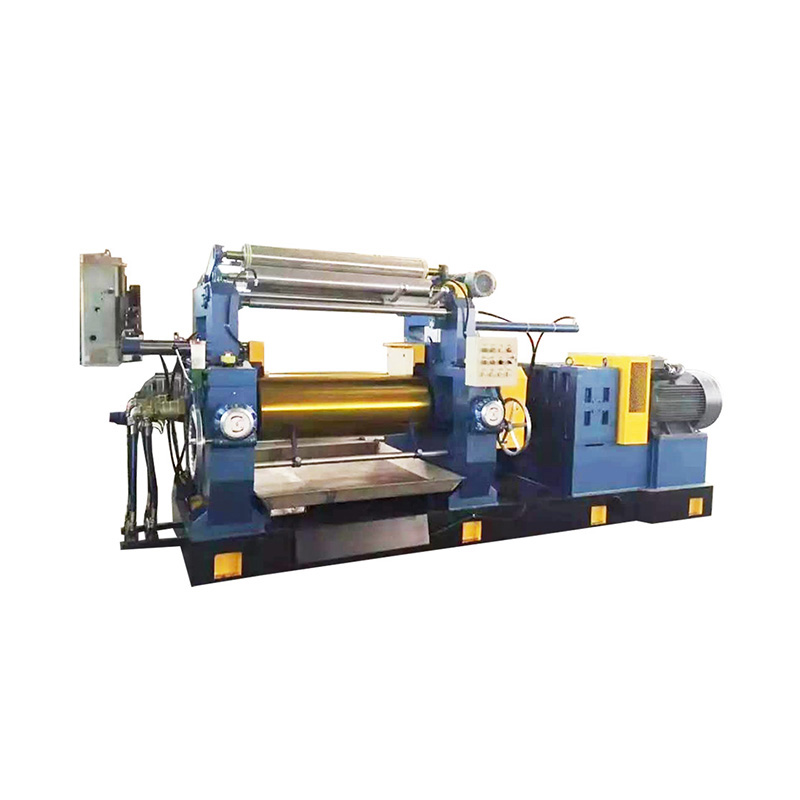 Rubber Open Mixing MillThe open rubber mixing mill has two horizontally arranged rollers, and the process of rubber (or pla...
Rubber Open Mixing MillThe open rubber mixing mill has two horizontally arranged rollers, and the process of rubber (or pla... -
 Twin Screw Feeding Extruder MachineIn the rubber processing industry, the mixing process directly affects the quality of the finished p...
Twin Screw Feeding Extruder MachineIn the rubber processing industry, the mixing process directly affects the quality of the finished p... -
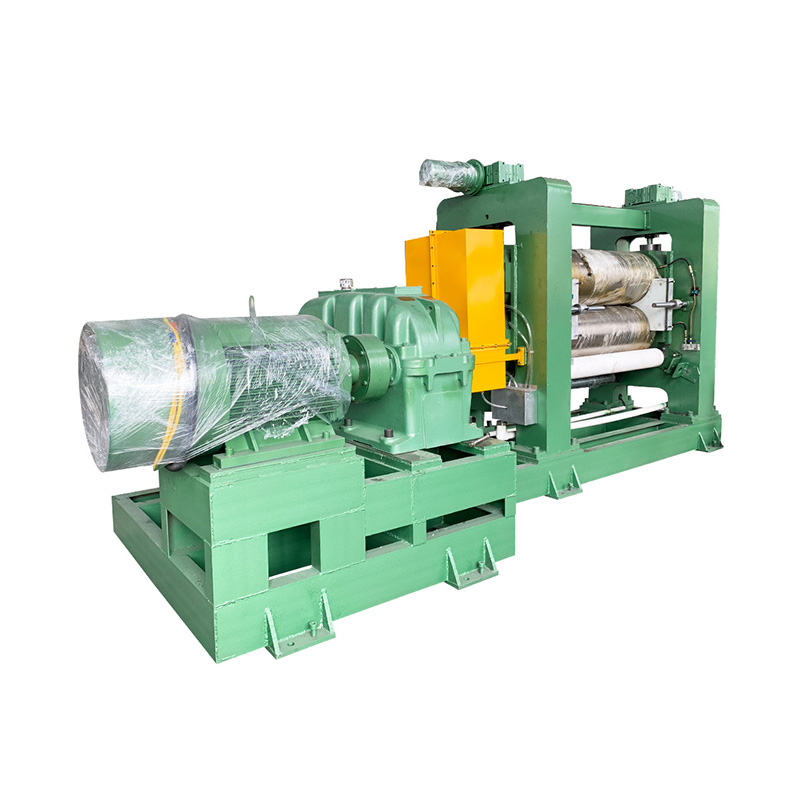 2 Rolls Rubber Calender MachineIt is mainly used for calendering rubber products such as tyres, conveyor belts, rubber sheets, etc.
2 Rolls Rubber Calender MachineIt is mainly used for calendering rubber products such as tyres, conveyor belts, rubber sheets, etc. -
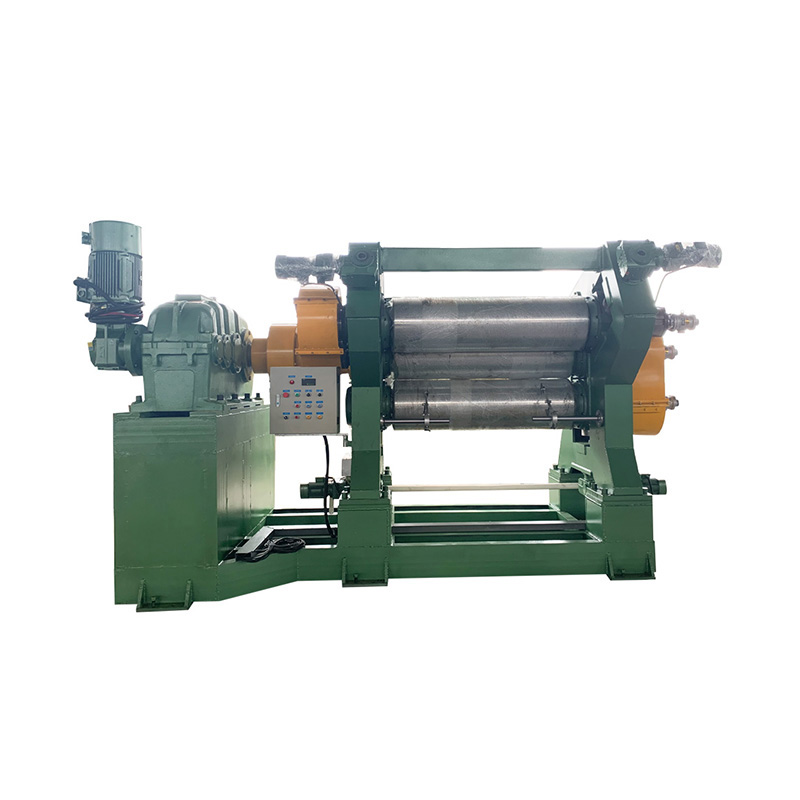 3 Rolls Rubber Calender MachineIt is mainly used for one-face, once-continuous coating of rubber sheets made from fiber cord, canva...
3 Rolls Rubber Calender MachineIt is mainly used for one-face, once-continuous coating of rubber sheets made from fiber cord, canva... -
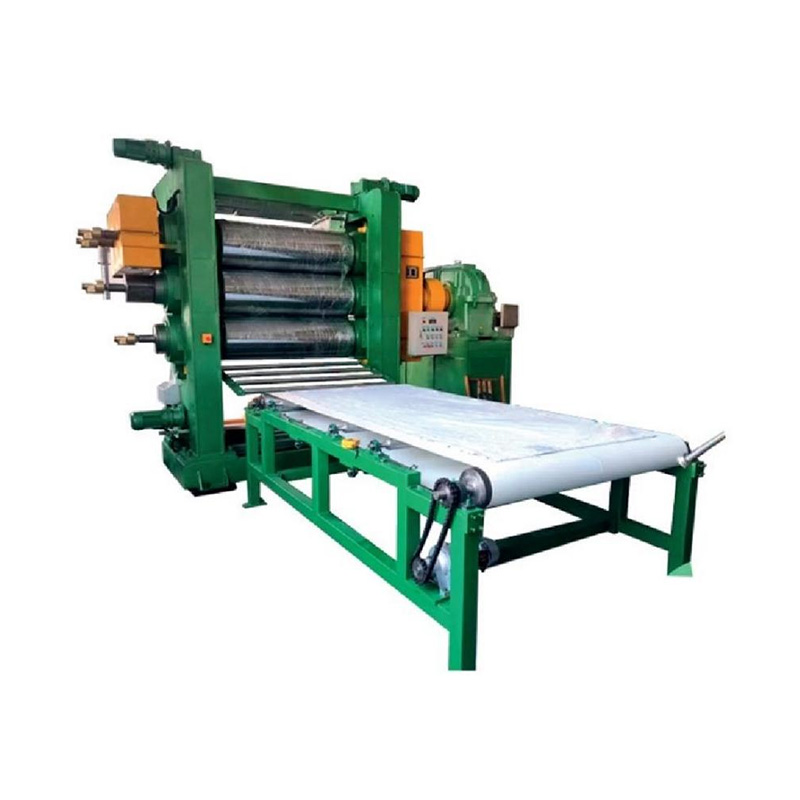 4 Rolls Rubber Calender MachineIt is mainly used for one-face and double face, once continuous coating rubber sheet of fiber cord, ...
4 Rolls Rubber Calender MachineIt is mainly used for one-face and double face, once continuous coating rubber sheet of fiber cord, ... -
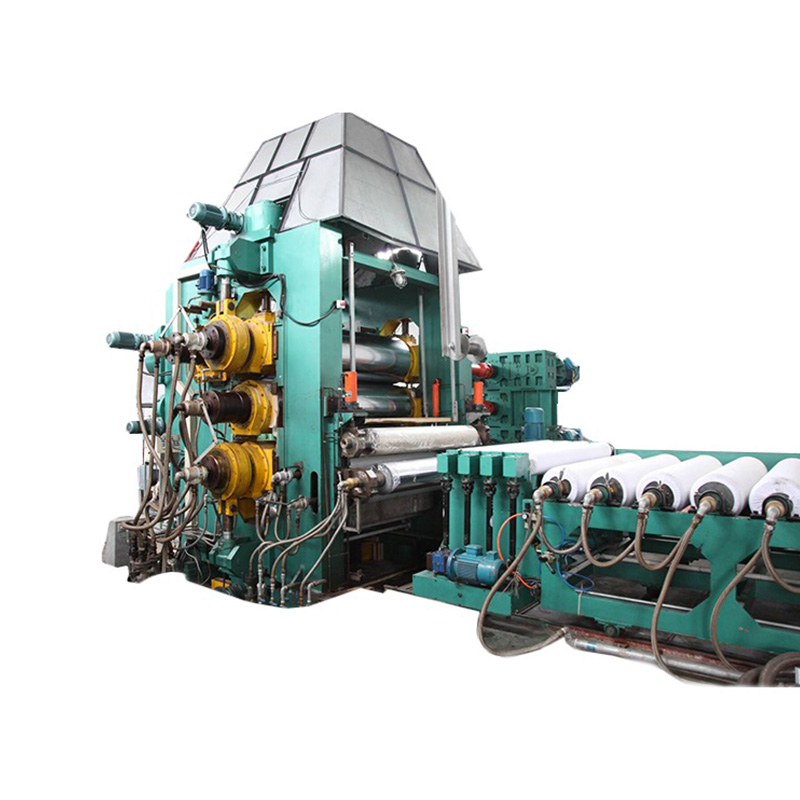 5/6 Roller Plastic Calender MachineIn the modern plastic processing industry, achieving consistent thickness, high surface quality, and...
5/6 Roller Plastic Calender MachineIn the modern plastic processing industry, achieving consistent thickness, high surface quality, and... -
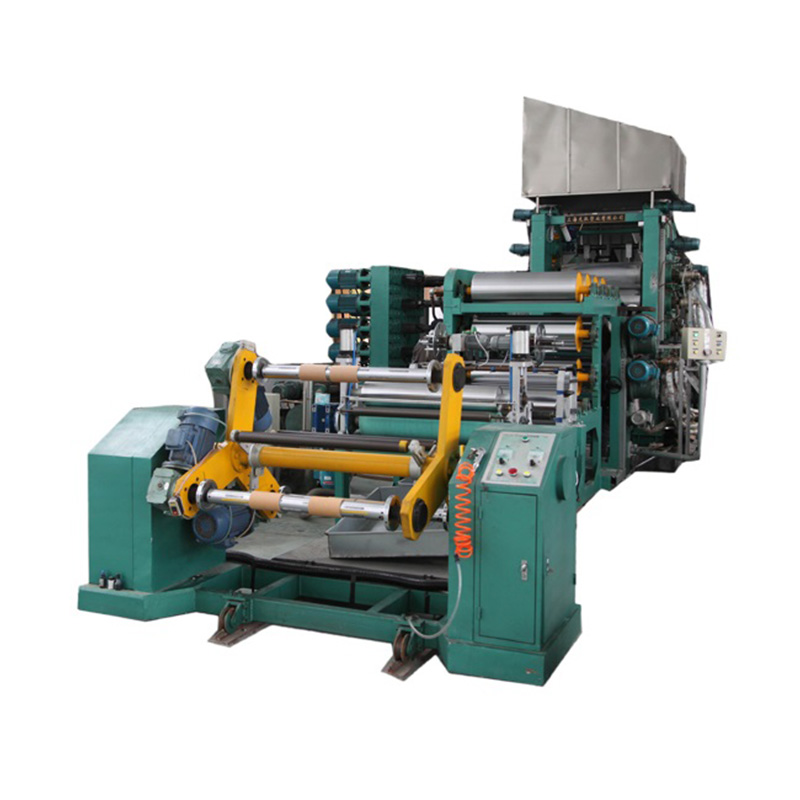 PVC Plastic Soft Film Calendering MachineThis production line is used to produce farm film, package color film,transparent film ,flex banner ...
PVC Plastic Soft Film Calendering MachineThis production line is used to produce farm film, package color film,transparent film ,flex banner ... -
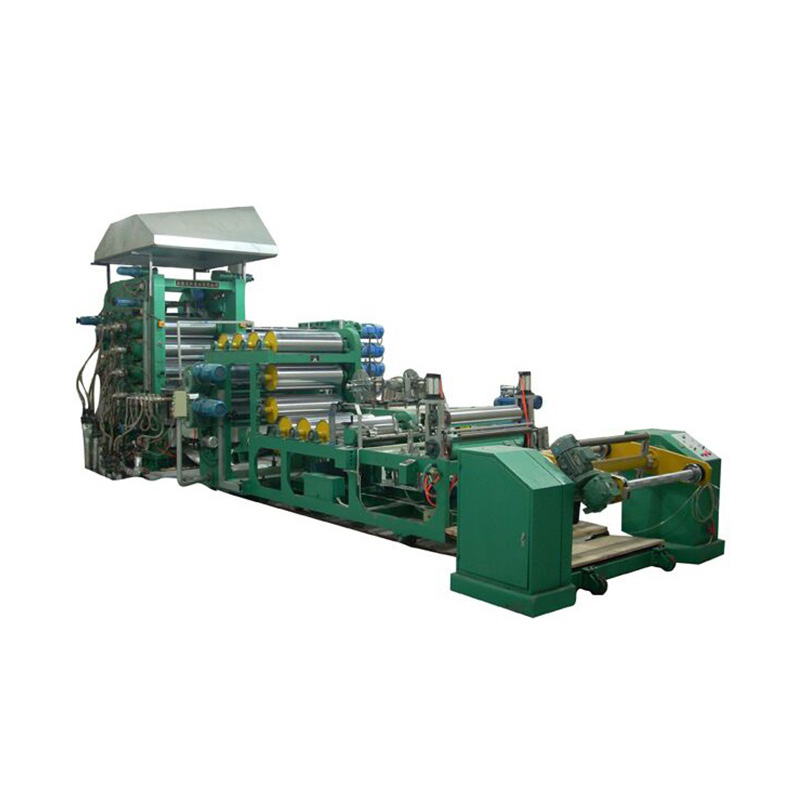 PVC Rigid Sheet Calendering LineThis production line is used to produce all kinds of transparent,semi-transparent, and high filling ...
PVC Rigid Sheet Calendering LineThis production line is used to produce all kinds of transparent,semi-transparent, and high filling ... -
 Hot Feed ExtruderIn the rubber processing industry, hot feed extrusion remains a vital technology for producing semi-...
Hot Feed ExtruderIn the rubber processing industry, hot feed extrusion remains a vital technology for producing semi-... -
 Cold Feed ExtruderIn today’s rubber manufacturing industry, where consistency, automation, and energy efficiency are k...
Cold Feed ExtruderIn today’s rubber manufacturing industry, where consistency, automation, and energy efficiency are k... -
 Microwave Hot Air Curing LineIn the rubber manufacturing industry, vulcanization is a critical process that determines the final ...
Microwave Hot Air Curing LineIn the rubber manufacturing industry, vulcanization is a critical process that determines the final ... -
 Vulcanizing RollerIn the rubber industry, the vulcanization process is the key link to determine the performance of th...
Vulcanizing RollerIn the rubber industry, the vulcanization process is the key link to determine the performance of th... -
 High Temperature Oil ControllerIn many industrial fields such as rubber, plastics, chemicals, die-casting, composite materials, etc...
High Temperature Oil ControllerIn many industrial fields such as rubber, plastics, chemicals, die-casting, composite materials, etc...
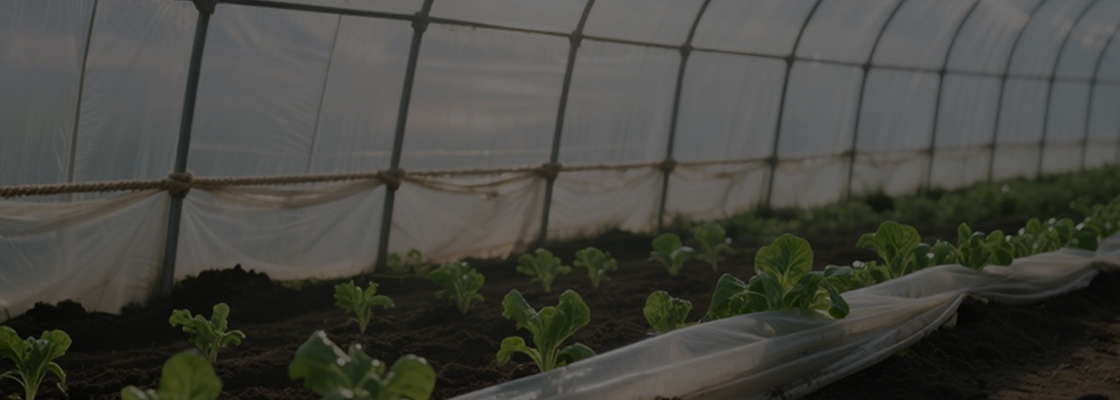
Daily-use Chemicals
The application of your equipment in the daily chemical industry can be elaborated from three aspects: "support for core product production", "solution to process pain points", and "penetration into segmented scenarios", highlighting its technical pertinence and industry adaptation value:
I. Supporting key production links of core daily chemical products
- Production of composite substrate daily necessities
Relying on the technology of continuous single-sided or double-sided rubberizing for textiles, it can directly serve the manufacturing of daily necessities with "textile + rubber layer" composite structures:
- Cleaning and care tools: Such as heavy oil cleaning cloths for kitchens (canvas substrates with double-sided wear-resistant rubber layers to enhance wiping power and durability), non-slip mats for bathrooms (curtain cloth bases with non-slip rubber surfaces, balancing load-bearing capacity and anti-slip performance), and cleaning cloths for floor-cleaning robots (rubber layers fix adsorption materials to prevent falling off).
- Household protective products: Waterproof aprons (canvas bases with PVC rubber layers to achieve a balance between waterproofness and flexibility), microwave oven heat-insulating gloves (multi-layer textiles with rubber interlayers, blocking heat conduction through the rubber layer), and buffer cloths for baby safety fences (soft rubber layers to avoid collision injuries).
- Production of fine rubber products and film packaging
With high-precision calendering technology, it covers scenarios in the daily chemical industry that require rubber materials/films to be "thin, uniform, and dense":
- Sealing/buffering rubber parts: Leak-proof rubber stoppers for perfume bottles and cosmetic bottles (rubber sheets are calendered and then cut to ensure dimensional accuracy and prevent volatilization), shockproof rubber pads for skin care gift boxes (thin rubber sheets are calendered to have both softness and support), and sealing rubber strips for the tail of toothpaste tubes (airtight layer technology is applied to prevent paste oxidation).
- Functional packaging films: Sealing packaging films for cosmetic samples (transparent films are calendered to ensure high light transmittance for product display), label protective films for shampoo/body wash bottles (customized packaging color films, water-resistant and friction-resistant), and sterile packaging liners for baby skin care products (using dense technology similar to that of radial tire inner liners to block microbial contamination).
II. Solving typical process pain points in daily chemical production
-
Problems of efficiency and consistency
Traditional rubberizing processes require step-by-step single-sided bonding, drying, and then double-sided bonding, which easily leads to uneven rubber layer thickness and bonding misalignment. The "one-time continuous rubberizing" technology of your equipment, through precise control of the synchronization of temperature, pressure, and rotation speed of calendering rollers, can achieve a rubber layer thickness deviation of ≤0.02mm, and increase production speed to 2-3 times that of traditional processes. It is especially suitable for the "large-batch, standardized" production needs of daily necessities (such as mass production of e-commerce best-selling cleaning cloths). -
Requirements for material compatibility and safety
Daily chemical products often come into contact with skin, food, or cosmetic raw materials (such as alcohol and essence), so there are strict safety requirements for rubber materials/films. Your equipment supports the processing of food-grade silica gel, medical-grade PVC, and other compliant materials. Moreover, there is no secondary pollution during the calendering process (such as mirror polishing of rollers to avoid impurity residues), which can meet the requirements of standards such as EU EC 10/2011 (food contact materials standard) and US FDA food contact material certification. It is suitable for the production of high-end products such as baby skin care products and food-grade cleaning agents.
III. Potential for extending to related scenarios in the daily chemical industry
-
Auxiliary materials for personal care tools
Such as cleaning pads for makeup brushes (textiles with rubber layers to fix abrasive particles, improving cleaning efficiency), sealing rubber strips for makeup remover cotton storage boxes (made of calendered thin rubber sheets to prevent dust from entering), and rubber pads for the thread outlet of dental floss boxes (airtight layer technology ensures dental floss is moisture-proof). -
Products for optimizing the home environment
Such as moisture-proof stickers for wardrobes (composite films and rubber layers, with rubber layers absorbing moisture), anti-fog films for bathroom mirrors (transparent films are calendered and combined with anti-fog coatings), and oil-proof stickers for kitchen countertops (customized patterns on packaging color films, with both oil resistance and decoration).
In summary, with the combined advantages of "continuous production ensuring efficiency, high-precision control ensuring quality, and multi-material compatibility ensuring safety", your equipment is deeply integrated into the entire chain of the daily chemical industry, from basic raw material processing to end-product forming. It not only meets the large-scale production needs of mass daily necessities but also supports the quality upgrading of high-end products, providing an integrated solution of "process simplification + cost optimization + compliance" for the industry.



 English
English 中文简体
中文简体 русский
русский